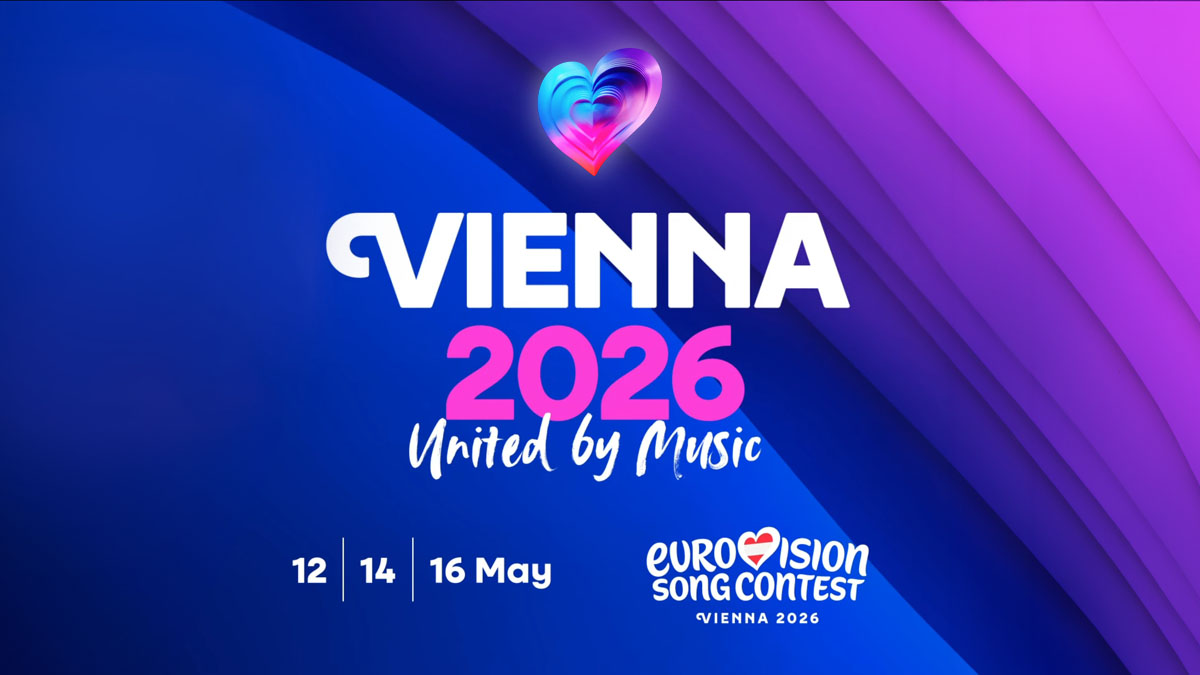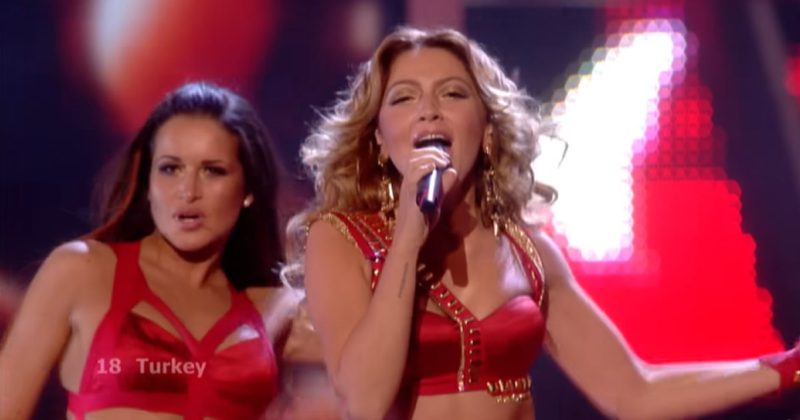
Israel in Eurovision: Discussion on Israel’s participation in Eurovision 2026 postponed to December 4 amid Middle East developments
In an official statement sent to members of the European Broadcasting Union (EBU), it was announced that the discussion regarding Israel’s participation in Eurovision 2026, which had been moved up to early November, will ultimately take place on its original date – December 4 – as part of the organization’s General Assembly. According to the EBU, this decision was made “in light of the recent developments in the Middle East” and out of a desire to hold “an open discussion with the full participation of all members.” However, the statement does not specify whether an actual vote will take place at that time, raising the possibility that the decision may be postponed – or that the vote may be canceled altogether – depending on the tone and direction of the debate.
EBU’s Position and Internal Debate
 Last month, an official letter was sent to EBU members signed by the Union’s president, Delphine Ernotte-Cunci, stating that during the management board meeting – also attended by former vice president Petr Dvořák – an updated overview of member states’ positions regarding the participation of the Israeli national broadcaster KAN in the upcoming Eurovision was presented. According to the EBU, it became clear that there was “an unprecedented diversity of opinions” on the issue, which prevented the board from reaching broad consensus.
Last month, an official letter was sent to EBU members signed by the Union’s president, Delphine Ernotte-Cunci, stating that during the management board meeting – also attended by former vice president Petr Dvořák – an updated overview of member states’ positions regarding the participation of the Israeli national broadcaster KAN in the upcoming Eurovision was presented. According to the EBU, it became clear that there was “an unprecedented diversity of opinions” on the issue, which prevented the board from reaching broad consensus.
The EBU emphasized its commitment to freedom of expression and cultural dialogue, and therefore decided to call a special General Assembly with all members to vote on whether to approve Israel’s participation in Eurovision 2026, scheduled to be held in Vienna, Austria.
The Broader Implications for Eurovision
Now, sources within the Union note that the decision could still change depending on political and security developments, or even become unnecessary if consensus among member states is reached beforehand. Meanwhile, the dispute over Israel’s participation continues to stir debate across Europe, placing Eurovision 2026 in one of the most significant tests in its history – whether it can maintain its non-political character and cultural values, or yield to external pressures.
Israel at Eurovision 2025
“New Day Will Rise” is the song performed by Yuval Raphael, who was chosen to represent Israel after winning the 11th season of “HaKokhav HaBa”. Israel advanced to the final after winning the second semi-final with 203 points and finished second overall with 357 points in the grand final. Israel ranked first in the public vote but only 14th with the jury. This marks the third consecutive year that Israel has reached the top five – an unprecedented achievement.
Eurovision 2026: This will be Israel’s 48th participation in Eurovision. Israel joined the contest in 1973 and has won four times. Its most recent victory was at Eurovision 2018 with the song “Toy”, performed by singer Netta Barzilai.

Email: [email protected]
Phone: +972-50-9441919
Avi Zaikaner is an editor-in-chief, content creator, commentator, and international expert on all things related to the Eurovision Song Contest. Avi has followed the contest for nearly 30 years, and for the past seven years has served as the founder and editor-in-chief of EuroMix, one of the top Eurovision websites in the world, with over 1.5 million users annually.
Since 2021, Avi has provided on-the-ground coverage of the Eurovision Song Contest from the press center in the host city, bringing readers exclusive firsthand experiences, professional analysis, and direct reactions from audiences, artists, and experts. His extensive experience and deep familiarity with the Eurovision world are reflected in every article, ensuring reliable, professional, and up-to-date information.
Avi is recognized as a leading Eurovision opinion maker in Israel, frequently interviewed by major media outlets, collaborating with international experts, and publishing professional content on additional platforms. Every article is written with a commitment to accuracy, transparency, and understanding the audience, with a strong emphasis on fact-checking and presenting a diverse range of opinions.









